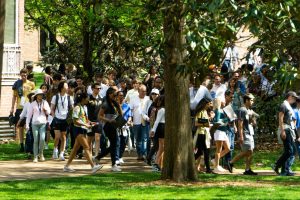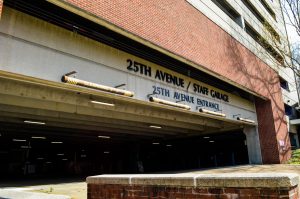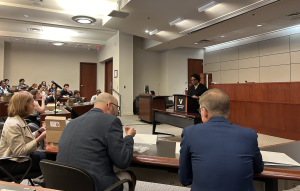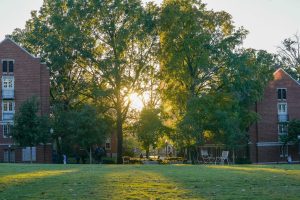End of encampments and future plans
VDC officially ended its spring encampment on May 4. The encampment lasted 40 days, making it the ninth longest-running encampment in the nation.
In an Instagram post on May 3, VDC claimed they planned to end their encampment the next day because most students are not allowed to stay on campus over the summer, making it unsafe to continue. They stated that they would resume the “fight for Palestine” in the fall.
“These next few months are not for rest, but for building and strengthening the relationships necessary to continue our fight for liberation,” the post reads. “When students return in the fall, we will be more prepared than ever to fight for Palestine by any means necessary.”
The university updated its student handbook policies for the 2024-25 school year to include bans on camping and sleeping outside as a means of protest, restrictions on the public’s access to campus protests and limitations on the use of installations and art during campus protests.
Other universities in the nation have also changed policies regarding protests and conduct codes. Many universities limited the use of tents and canopies to require approval from administration, while other universities completely banned encampments. Rutgers suspended its SJP chapter until July 2025 after alleged violation of terms of an earlier probation, while Columbia’s SJP chapter has been permanently banned from Instagram. Some universities updated their policies to emphasize training on antisemitism and Zionism during student orientation.
Currently, there are no active encampments across the country, but VDC has expressed desires to continue its advocacy efforts.










